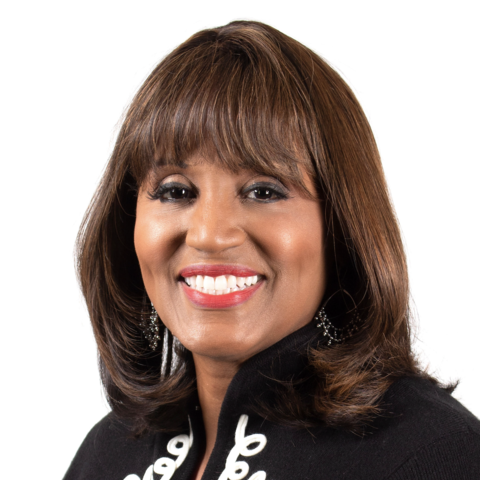Section Branding
Header Content
Lawmakers Expected To Consider School Choice Expansion Legislation
Primary Content
A move toward expanding school choice is expected to come up during this legislative session because both Gov. Brian Kemp and Lt. Gov. Geoff Duncan campaigned on the issue.
School choice can range from private to charters to magnet schools. Each are funded differently.
The lieutenant governor drew attention to a school choice option during his second week in office with a visit to Atlanta Youth Academy, a school accustomed to visitors.
“Andrew Young has walked these halls,” said Principal Peter Rooney. “Stacy Abrams has walked these halls. Hunter Hill has walked these halls. The first lady (Sandra Deal) has come to read to the students. Having the lieutenant governor was a treat, it was one more way for our students to know that what they’re doing here is important."
Duncan visited this small, Christian school on his second week on the job during National School Choice Week.
“We’re a Christian school," Rooney said. "We’re a small Pre-k to 8th-grade school with 15 students per grade."
AYA is located in an economically distressed area of southeast Atlanta — Thomasville Heights — and has produced academically successful students for 21 years.
“So, 100 percent of our kids who leave here in the 8th grade go on to high school, and they graduate from high school. Our kids are in homes about 80 percent single parent. Our median income would be about $23,000 a year, and every single family with children here pays tuition. They pay 8 percent of their household income,” Rooney said.
On average, parents contribute about $160 a month toward tuition. The rest of the school’s $14,000 per pupil cost comes from donors, fundraising, and the Private School Tax Credit which allows taxpayers to donate to Georgia’s School Scholarship Organization or SSO.
“Through two SSO’s we received about 15 percent of our budget. I’m proud of our state. I think they are exploring all the options,” said Rooney.
Taxpayers donate to SSOs in exchange for dollar-for-dollar tax credits for their donation, up to a certain amount. Then, the SSOs give scholarships to students to go to private schools like AYA.
Critics say SSOs amount to subsidies, even though they are in the form of tax credits. Opponents say the credits take money away from public education, health care or other services.
Rooney says the scholarship program changes lives and proudly talks about many of the graduates, including a young man now in Howard University Law School.
“He had a great experience here. He had a great experience at Westminster. He got a great degree at Emory, but now he’s a law student at Howard,” said Rooney.
Of another student, he said the Ph.D. candidate at Penn State "had a great career here and then at Lovett, and then at Auburn, and then grad school overseas with the Fulbright program," Rooney explained. "Why wouldn’t all kids have the opportunity for an excellent education?"


